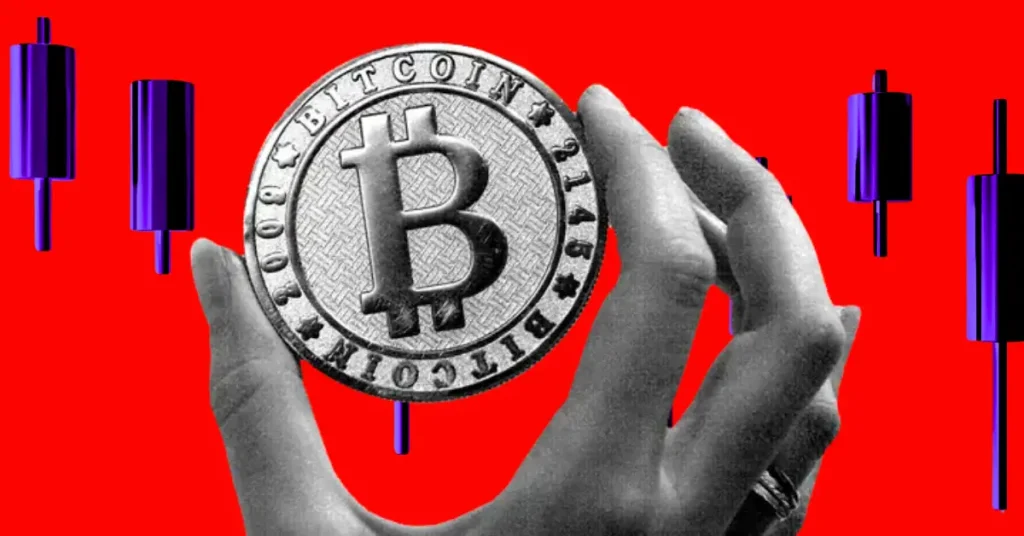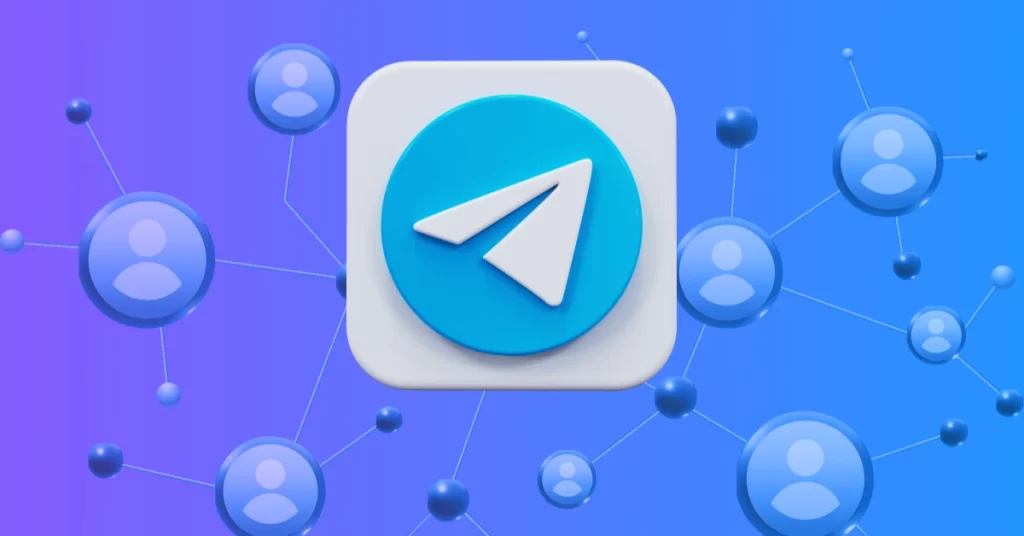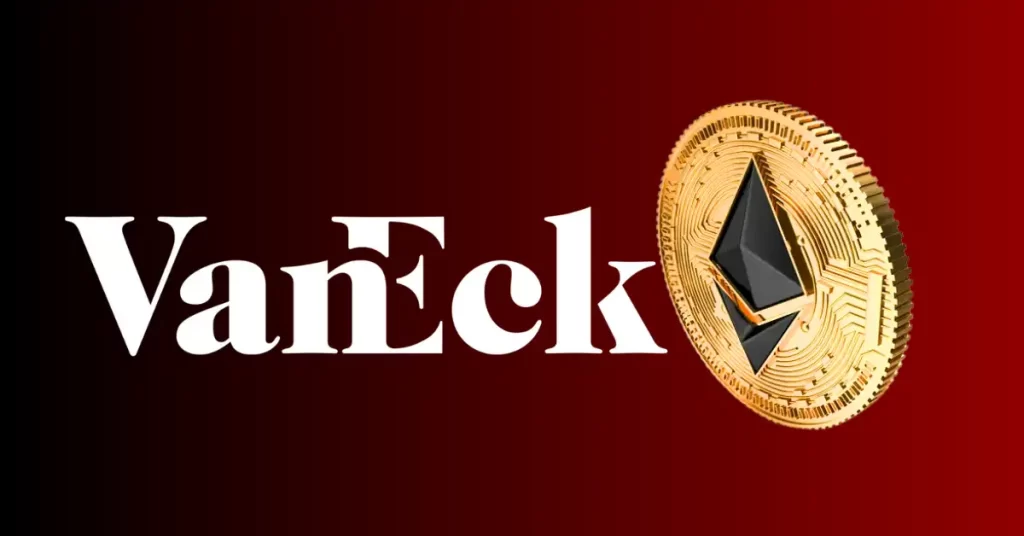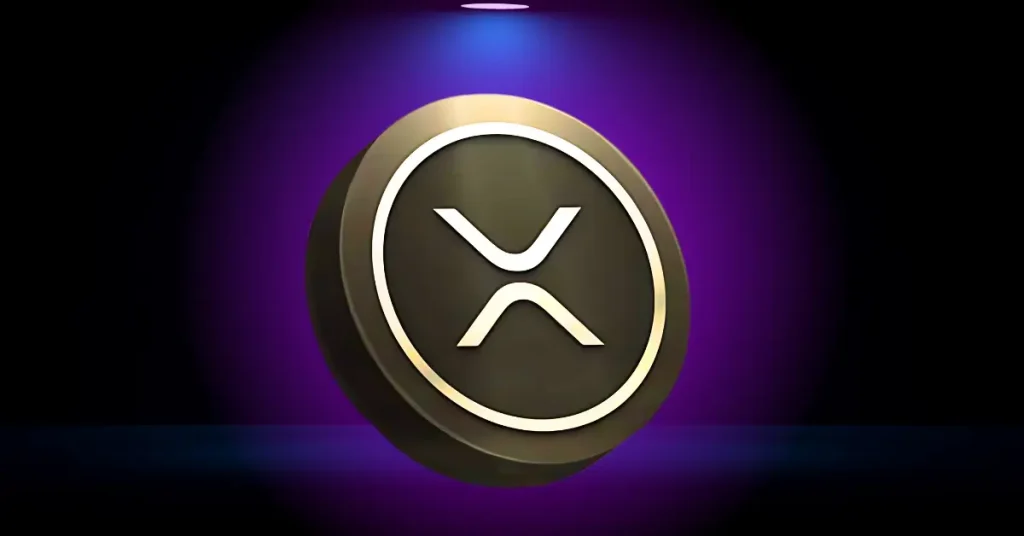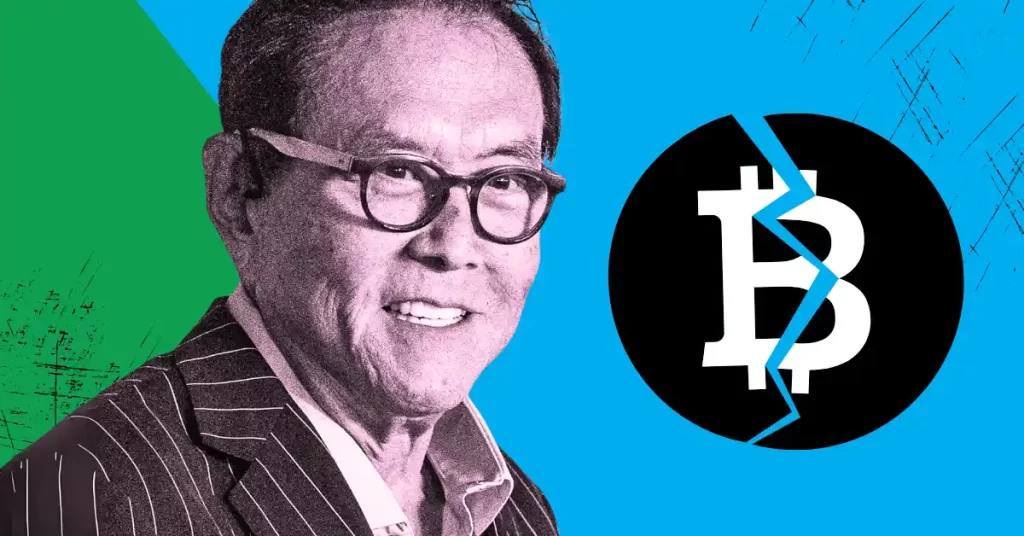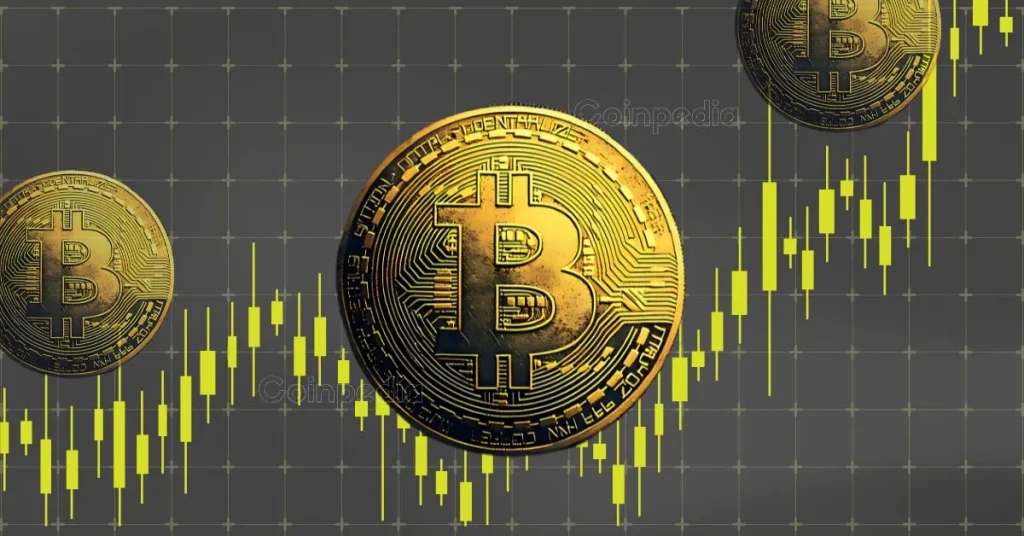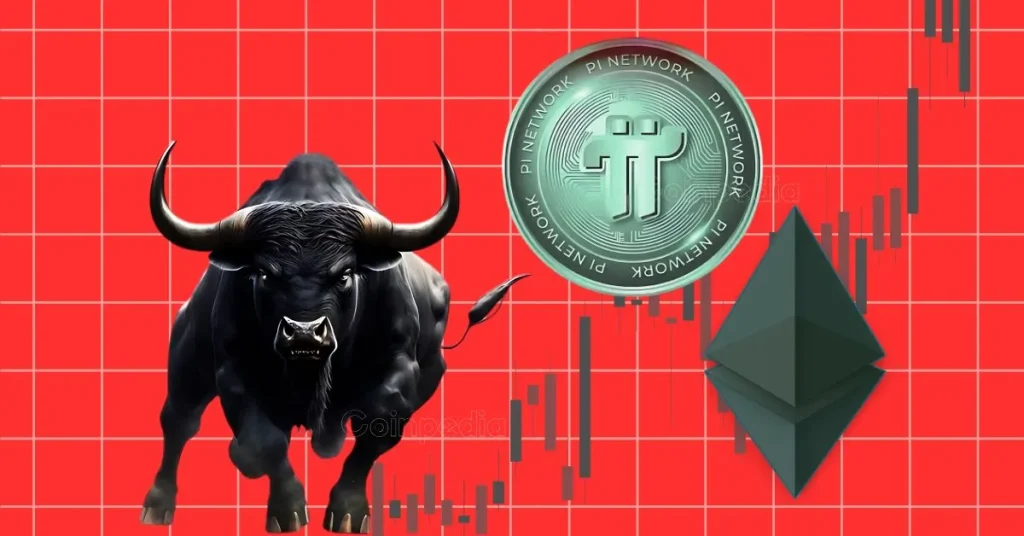Zimbabwe is reviving gold coins to support its embattled currency, as earlier efforts with gold-backed digital tokens failed to curb economic instability. Zimbabwe is yet again turning to gold to defend its embattled currency, as the Reserve Bank of Zimbabwe, the country’s central bank, has revived sales of physical gold coins just 10 months after scrapping the program, betting that tangible bullion might succeed where digital tokens have struggled, Bloomberg reports . The so-called “Mosi-Oa-Tunya” coins, named after Victoria Falls, are being reintroduced during what officials are calling a “time of attractiveness” for gold. For context, minting had been paused in July 2024, after Reserve Bank Governor John Mushayavanhu suggested the focus would shift toward digital alternatives. Now, however, officials seem to be thinking differently. Persistence Gwanyanya, a member of the central bank’s monetary policy committee, told Bloomberg that the spike in global gold prices made it an opportune moment to act. “Gold is more attractive to the market at the moment and it supports our value preservation efforts. We are taking advantage of firm gold prices and re-injecting the gold coins into the market.” Persistence Gwanyanya Two major banks, the Central Africa Building Society and Nedbank Zimbabwe, have already confirmed they are selling the new coins as an “alternative investment option” that adds a “valuable asset” to portfolios, Bloomberg reports. The coins are available in denominations ranging from one-tenth of an ounce to a full ounce, offering flexibility to buyers who may not want to commit large amounts of cash upfront. Unrealized hopes Officials are no doubt hoping that physical gold’s enduring appeal will succeed where more experimental strategies — the country’s digital currency — have faltered. Zimbabwe introduced a gold-backed digital token, initially named ZiG (Zimbabwe Gold), in April 2023 to stabilize its currency and provide a value-preserving instrument amid ongoing inflation and currency instability. Introduction of the Zimbabwe Gold-Backed Digital Token (Zig) as a Means of Payment pic.twitter.com/o1CL5dsbaQ — Reserve Bank of Zimbabwe (@ReserveBankZIM) October 5, 2023 The token was later renamed GBDT (Gold-Backed Digital Token) to avoid confusion with the new official currency, also called ZiG, introduced in Q2 2024. GBDTs can be stored in e-gold wallets or e-gold cards and are tradable for peer-to-peer and business transactions. At first, the move seemed to generate some enthusiasm. The central bank had even reportedly received 135 applications valued at 14 billion Zimbabwe dollars, around $12 million, during the first round of sales. But signs of trouble appeared quickly. Ordinary Zimbabweans, still scarred by memories of hyperinflation and economic collapse in the 2000s, were slow to embrace the unfamiliar tokens. Many remained wary of anything new, preferring to keep their trust, and savings, in the U.S. dollar. By June 2023, only 35 new applications for the digital currency were reported . You might also like: South Africa’s DeFi sector to reach $180 million by 2028, the study finds Despite heavy official backing, the local currency continued its slide. It has weakened roughly 65% against the dollar so far this year on the official market ,and even more on the streets, where parallel exchange rates dominate daily life, Bloomberg notes. Some outside observers had warned from the start that digital tokens would not be a silver bullet. The International Monetary Fund, for one, was openly skeptical. It reportedly urged Zimbabwe’s government to liberalize the exchange rate instead of experimenting with gold-backed digital currencies. The IMF also cautioned that using gold reserves to prop up alternative currencies risked depleting precious national assets. Even the high-profile token auctions failed to ease those concerns. While the first two sales were fully subscribed, the long-term viability of the gold-backed token remains uncertain, with officials saying only about one ton of gold reserves had been deployed to support the digital currency. For comparison, Tether revealed that it purchased nearly eight tons of gold in the first quarter of this year to back its gold-pegged token, XAUT. Biggest export In contrast, physical gold coins may feel more reassuring. At least for now. The revival comes as global bullion prices have surged about 25% this year, buoyed by rising economic uncertainty and simmering global trade tensions. Zimbabwe’s economy could use the boost: gold is one of the country’s biggest exports, and revenue from shipments reportedly jumped to nearly $396 million in Q1, up sharply from $303.1 million a year earlier. Still, even officials seem aware that this is no guaranteed fix. Zimbabwe’s history with alternative monetary schemes is long, and often painful . The local dollar itself was scrapped in 2009 after hyperinflation rendered it worthless, then reintroduced a decade later with mixed results. In that sense, gold coins may feel like a safer bet, though they are also something of a throwback. At a time when countries like Nigeria are experimenting with central bank digital currencies like the eNaira, Zimbabwe now appears to be reaching back to older ideas, betting that physical assets will hold their ground better than tech-driven solutions. Crypto.news reached out to the Reserve Bank of Zimbabwe but didn’t receive a response at the time of publication. Read more: Zimbabwe introduces gold-backed currency to combat inflation

